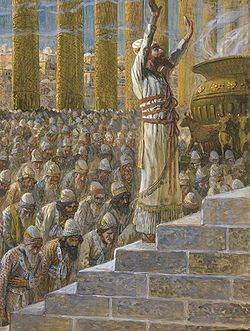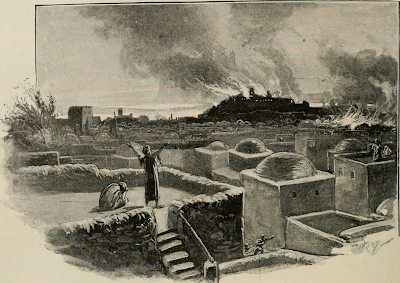A Witness that Yahweh is God: Joshua 22
This is the third post in a multi-post series on the 7 Memorials found in the Book of Joshua. See part 1 and part 2 . Have you ever seen a monument built not as a reminder for the people who built it, but as a reminder for someone else ? Some of the tribes of Israel decided to build an altar as a witness to God and to the other tribes of Israel in Joshua 22. It was a memorial to hold another group accountable. Yet, a major misunderstanding arose between the two groups of tribes, almost inciting a war based on accusations that the other was wrong about the worship of God. Joshua 22 is difficult to understand because of many cultural nuances lost to us today. The passage is not presented in the actual historical order, but is presented in the progression of thought. It is highly ironic in that each group desires faithfulness to God but perceives the other as theologically erroneous. The text does not critique one or the other but presents a simple lesson–we should not ...






